Vegan Diet: Boosting Heart Health Naturally
Introduction
In recent years, the vegan diet has gained significant popularity, not just as a lifestyle choice but also as a potential pathway to improved health. Among its numerous benefits, one of the most compelling is its impact on heart health. This article explores how a vegan diet can naturally enhance cardiovascular wellness, providing insights into the specific elements and mechanisms that contribute to a healthier heart.
Understanding the Vegan Diet
The vegan diet is entirely plant-based, eliminating all animal products including meat, dairy, and eggs. Instead, it emphasizes fruits, vegetables, whole grains, legumes, nuts, and seeds. This dietary approach is rich in essential nutrients, fiber, and antioxidants, all of which play a pivotal role in maintaining and boosting heart health.
Heart Health and Diet
Cardiovascular diseases (CVD) remain a leading cause of mortality worldwide. Factors such as high blood pressure, cholesterol levels, obesity, and inflammation significantly contribute to heart disease. Diet plays a crucial role in managing these factors, and research suggests that a plant-based diet can be particularly effective in reducing the risk of CVD.
The Role of Fiber
One of the standout features of a vegan diet is its high fiber content. Fiber is known for its ability to lower cholesterol levels, particularly LDL cholesterol, which is often referred to as “bad” cholesterol. By binding with cholesterol particles in the digestive system, fiber helps to remove them from the body before they can enter the bloodstream.
Moreover, a diet rich in fiber can help regulate blood sugar levels and improve overall digestion. This reduces the strain on the heart and minimizes the risk of developing conditions such as type 2 diabetes, which is a risk factor for CVD.
Antioxidants and Phytochemicals
Vegan diets are abundant in antioxidants and phytochemicals, which are compounds found in plants that help fight inflammation and oxidative stress—two major contributors to heart disease. Antioxidants neutralize free radicals, preventing them from causing cellular damage that can lead to chronic illnesses.
Phytochemicals, such as flavonoids found in fruits like berries, and polyphenols present in dark chocolate and green tea, have been shown to improve endothelial function and reduce blood pressure. These effects contribute to better vascular health and a lower risk of heart disease.
Healthy Fats
Contrary to popular belief, not all fats are detrimental to heart health. The vegan diet includes healthy fats found in foods like avocados, nuts, seeds, and olive oil. These foods are rich in monounsaturated and polyunsaturated fats, which help reduce LDL cholesterol and increase HDL cholesterol, the “good” cholesterol.
Omega-3 fatty acids, typically associated with fish, are also present in chia seeds, flaxseeds, and walnuts. These essential fatty acids are known for their anti-inflammatory properties and their ability to lower triglyceride levels, further contributing to heart health.
Plant Sterols and Stanols
Plant sterols and stanols are naturally occurring substances found in small amounts in many plant-based foods. They are structurally similar to cholesterol and can help block the absorption of cholesterol in the intestines. Including foods fortified with sterols and stanols, such as certain margarines and yogurts, can be an effective strategy in lowering blood cholesterol levels.
Weight Management and Heart Health
Obesity is a significant risk factor for heart disease. A vegan diet, typically lower in calories and saturated fats, can aid in weight management and promote a healthy body weight. By focusing on nutrient-dense foods, individuals can achieve satiety and maintain their energy levels without excessive calorie intake.
Losing excess weight and maintaining a healthy weight can improve heart health by reducing blood pressure, lowering cholesterol levels, and decreasing inflammation.
Blood Pressure Regulation
High blood pressure, or hypertension, is a major risk factor for heart disease. The potassium-rich foods commonly found in a vegan diet, such as bananas, sweet potatoes, and spinach, help to regulate blood pressure by balancing sodium levels in the body. Additionally, the nitrates found in leafy greens like arugula and beetroot can naturally dilate blood vessels, improving blood flow and reducing blood pressure.
Reducing Inflammation
Chronic inflammation is a key driver of cardiovascular disease. A vegan diet, rich in anti-inflammatory foods like fruits, vegetables, and whole grains, can help reduce inflammation markers in the body. Foods high in antioxidants, such as berries and green tea, also contribute to lowering inflammation.
The Importance of a Balanced Vegan Diet
While the vegan diet offers numerous benefits for heart health, it is essential to ensure that it is balanced and well-planned. Deficiencies in certain nutrients, such as vitamin B12, iron, and omega-3 fatty acids, can occur if the diet is not carefully managed. Including fortified foods or supplements may be necessary to meet nutritional needs.
Conclusion
The vegan diet, with its emphasis on whole, plant-based foods, offers a natural and effective way to boost heart health. By providing an abundance of fiber, antioxidants, healthy fats, and essential nutrients, this dietary approach can reduce the risk factors associated with cardiovascular disease. However, as with any diet, it is crucial to ensure that it is balanced and tailored to individual health needs. Embracing a vegan lifestyle, coupled with regular physical activity and stress management, can pave the way to a healthier heart and a longer, more vibrant life.




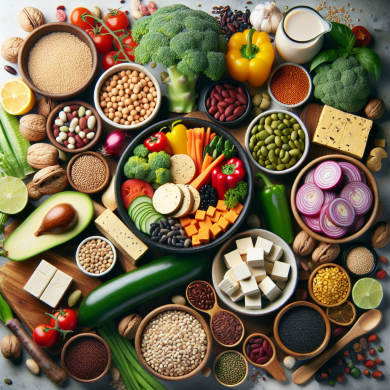

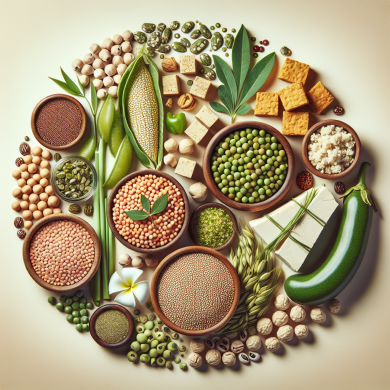

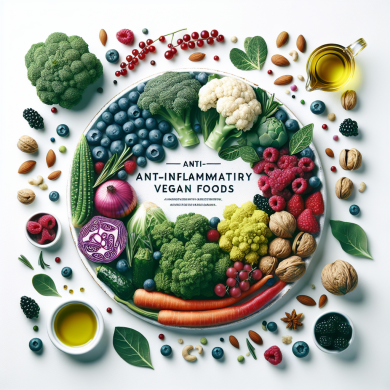
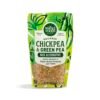



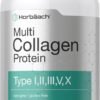

Add comment